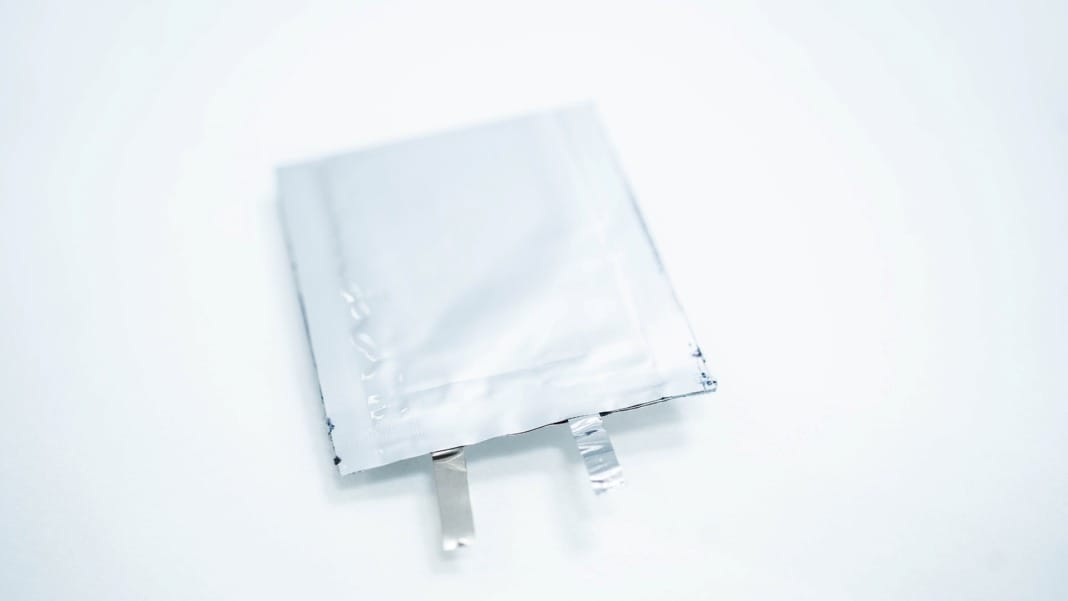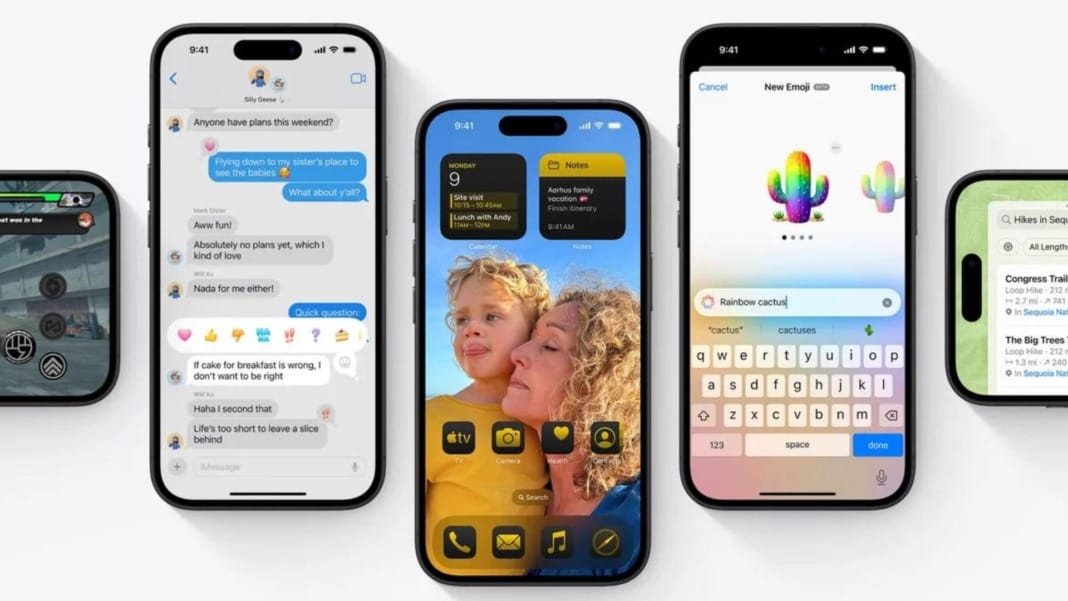You may have heard of solid-state batteries being hailed as the future of electric vehicles (EVs). These batteries have the potential to make EVs much more affordable, practical, and efficient. However, their development has been plagued by many setbacks, often leaving people sceptical about their commercial viability. Fortunately, some exciting news is coming from Imec, a Belgium-based research and development giant part of the SOLiDIFY project. Imec and its 13 partners have made a significant breakthrough in solid-state battery technology.
A promising development in energy density
In a promising step forward, Imec has successfully developed a prototype solid-state battery with an impressive energy density of 1070 Wh/L. This is nearly 25% higher than the best lithium-ion batteries currently available, which typically max at around 800 Wh/L. This breakthrough represents a substantial improvement in energy storage and hints at the potential for solid-state batteries to power the next generation of electric vehicles with greater efficiency.
One key advantage of this prototype is that it can be produced using a process that operates at room temperature, making it easier to integrate into existing lithium-ion battery manufacturing lines. This adaptability to current production processes dramatically speeds up the transition to solid-state technology. Moreover, the prototype is projected to cost less than €150 (about US$167) per kWh, which is only slightly higher than the current cost of lithium-ion batteries, estimated at US$140 per kWh.
Innovative technology behind the prototype
At the heart of this advancement is a technique known as “liquid-to-solid” solidification. This involves using a “doped polymerised ionic liquid” as the solid electrolyte, applied in a thin layer just 50 micrometres thick. The electrolyte is sandwiched between a high-capacity composite cathode and a thin lithium metal anode. This design allows for a more compact and efficient battery cell stack, which helps to boost the battery’s overall performance.
Imec and its partners have also worked to address several technical challenges that have previously held back solid-state batteries. For instance, they’ve increased the battery’s charge rate to just three hours and extended its lifetime to 100 cycles, making significant strides in both areas. Furthermore, the team has reduced the use of cobalt in the battery’s construction by applying nanometre-thin protective coatings to the materials. This not only makes the battery more sustainable but also helps to reduce costs.
Challenges remain
Despite the impressive progress, there are still hurdles to overcome before this technology can be commercialised on a large scale. The current prototype has a relatively limited lifespan of 100 charge cycles, far fewer than the 2,000 or more cycles that modern lithium-ion car batteries can handle. Additionally, while the three-hour charge time is a positive development, it is still longer than achievable with existing lithium-ion technology.
That being said, the potential benefits of solid-state batteries make it worth pursuing further development. Solid-state batteries are expected to offer improved energy density, faster charging times, and enhanced safety compared to today’s lithium-ion cells. With further optimisation, the cost of producing these batteries could fall below that of current lithium-ion batteries, making them a more attractive option for EV manufacturers and consumers.
Imec’s prototype may not be ready for widespread use, but it is a significant step in the right direction. With continued research and development, we could soon see solid-state batteries powering the future electric vehicles, providing greater efficiency, safety, and affordability.





